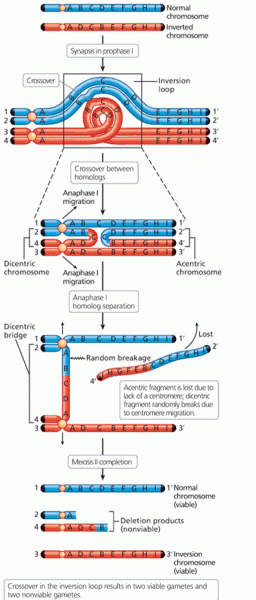|
|
|
There are more nerve cells in one human brain than there are stars in the Milky Way.
In the United States, an estimated 50 million unnecessary antibiotics are prescribed for viral respiratory infections.
Signs of depression include feeling sad most of the time for 2 weeks or longer; loss of interest in things normally enjoyed; lack of energy; sleep and appetite disturbances; weight changes; feelings of hopelessness, helplessness, or worthlessness; an inability to make decisions; and thoughts of death and suicide.
The types of cancer that alpha interferons are used to treat include hairy cell leukemia, melanoma, follicular non-Hodgkin's lymphoma, and AIDS-related Kaposi's sarcoma.
Cytomegalovirus affects nearly the same amount of newborns every year as Down syndrome.







